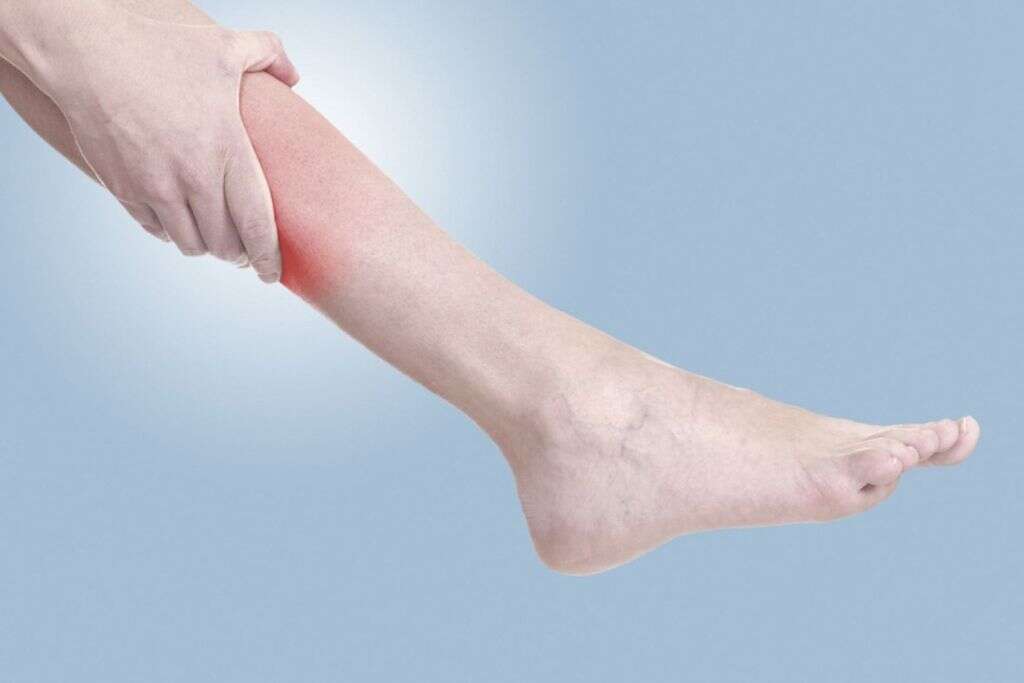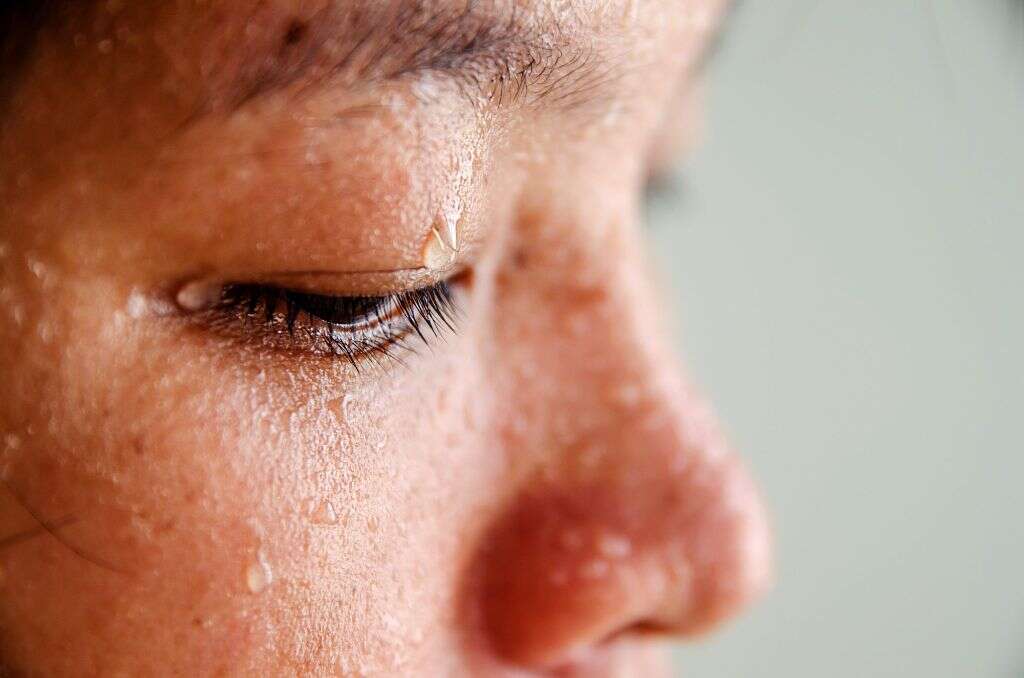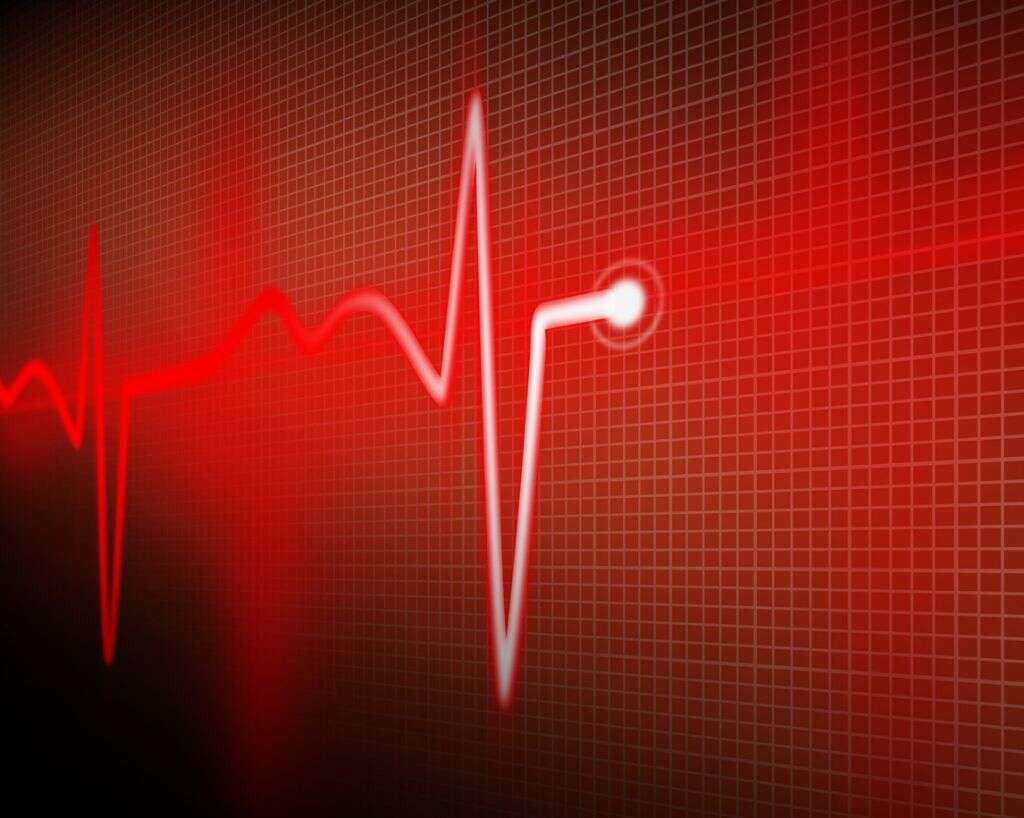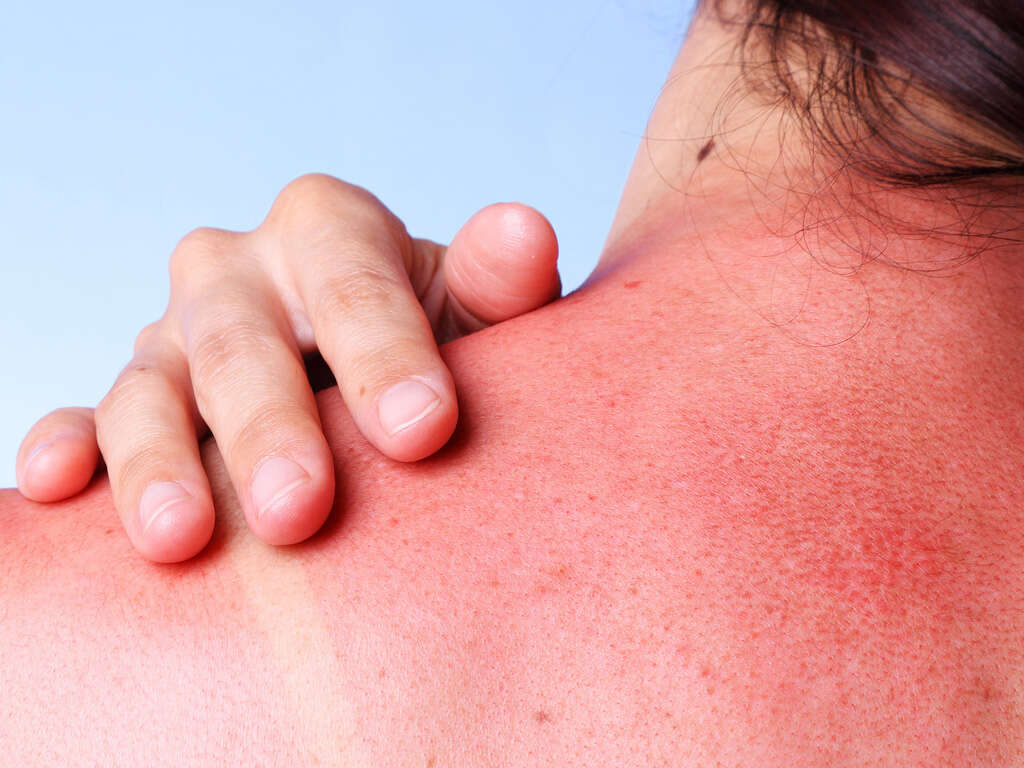Signs of Heat Exhaustion
Working in high temperatures can result in cases of heat exhaustion. This condition is often the result of prolonged periods of outdoor activity during unusually hot days. Dehydration can also play a role in its effects, often making them worse and possibly leading to heat stroke. However, heat exhaustion is not as severe as heat stroke and can usually be mitigated by moving to a colder area indoors.
Heat exhaustion is typically the result of one of two underlying issues: water depletion or salt depletion. Water depletion or dehydration can result in excessive thirst and weakness, which may lead to the loss of consciousness in severe circumstances. Alternatively, salt depletion can result in feeling ill and possible cramping. It is essential to know the signs of heat exhaustion so you can take the appropriate measures to get to safety.

1. Bathroom Issues
Heat exhaustion can have a negative effect on the digestive system and urinary tract. For example, it is not uncommon for people experiencing heat exhaustion to exhibit diarrhea and vomiting. Vomiting can occur because of muscle spasms in the abdomen and headaches or light-headedness. Also, urine output might appear darker in color because of dehydration. While these symptoms are signs of heat exhaustion, they are also representative of severe dehydration.
During the hot summer months, it is crucial to stay hydrated and protected when you are outdoors. Try to limit exposure to the sun and keep a bottle of water on you at all times. Fluid consumption is vital during warmer seasons because your body loses water as energy is burned off, which happens more often in the summer months.

2. Dizziness
Another sign of heat exhaustion to watch out for is dizziness. A hard term to define, people use the term dizzy to describe when they feel unbalanced. Its general use is one of the reasons people fail to take note of the seriousness of this symptom. While standing up too quickly can cause a momentary dizzy feeling, you should not always brush off the sensation as nothing.
If you are outside on a hot day or in a building without air conditioning and you feel dizzy, then you might be experiencing heat exhaustion. If you are experiencing dizziness in combination with vomiting or weakness, then heat exhaustion is even more likely. Find a cool place, drink some water and eat something. Do not go outside again until all the uneasy feelings have subsided.

3. Cramping
Heat exhaustion can lead to cramping, also known as heat cramps. These cramps are intermittent and involuntary spasms of the muscles. They occur when you are active in hot weather and typically affect the major muscle groups. While these cramps are not as serious as other heat-related illnesses, when combined with other symptoms, they can indicate heat exhaustion or worse.
Heat cramps are more likely to appear in individuals who are active or working in hot environments. The most vulnerable of the population tend to be those people with impaired or underdeveloped temperature control mechanisms in their bodies, such as infants, toddlers and the elderly. It is crucial that those individuals who are more susceptible to heat-related ailments stay indoors in a cool environment on hot days.

4. Sweating
It is entirely natural to sweat in warmer-than-average temperatures, and sweating should not be an automatic alarm that you are in danger of heat exhaustion. An early sign of heat exhaustion, however, is profuse sweating and clammy skin. If you are experiencing heavy, uncontrollable sweating, then you might be at risk of heat exhaustion. However, before you panic, pay attention to your other symptoms. Sometimes your body’s internal signals are the best indicator of trouble.
Running around on a hot day is going to cause an abnormal amount of sweating, but that doesn’t indicate a heat-related illness. On the other hand, profuse sweating while doing minimal labor in combination with dizziness and nausea is a strong indication that something is wrong. Actively monitor your body’s responses to the environment and assess your symptoms. Don’t jump to conclusions.

5. Headache
A headache is another common sign of heat exhaustion, but it is not the primary determiner. Headaches can occur for a number of reasons, from allergies to poor sleep. A minor headache without other symptoms is not necessarily cause for alarm. However, while a headache can be due to a number of underlying factors, it can be the result of dehydration or salt depletion.
When a headache is the result of heat exhaustion brought about by dehydration or salt depletion, it is not a minor ache. Instead, heat-related headaches are pounding and unrelenting. The lack of water in your system and the change in serotonin levels can trigger migraine-like symptoms. Again, the best treatment is to drink water and get to a cooler location, clear of direct sun rays.

6. Fatigue
People are often flummoxed about why hot weather brings about fatigue or tiredness. However, the explanation is simple. On any given day, your body works to regulate your temperature. That job is somewhat easier in colder environments, but when the temperatures rise, your body’s cooling mechanisms are kicked into overdrive. If you work outside, then the process becomes even more complicated.
There are several things that your body does to control and maintain its temperature. One of the most important is called vasodilation. During this process, your body has more blood to flow near the surface of your skin, which allows warmer blood cells to release heat and cool off. Unfortunately, in extreme situations and in combination with other symptoms, this process can lead to severe fatigue and heat exhaustion.

7. Fainting
Heat syncope is another common sign of heat exhaustion. It is most commonly associated with exertion in hot temperatures and inadequate blood flow to the brain, which can result in a sudden loss of consciousness. Fainting can also occur when patients are sitting for long periods and then suddenly rise, or when they are standing without moving for an extended period. These fainting spells typically occur in people who are not properly acclimated to the warmer temperatures.
As a lack of adequate blood supply to the brain is a major contributing factor to fainting, it is necessary to stay hydrated. Dehydration has a direct correlation with total blood volume. Without adequate blood volume, people are predisposed to syncope or fainting spells. Therefore, drink enough water during hot days. In fact, it is likely wise to drink more than the recommended eight glasses, especially if you will be working outside.

8. Pale Skin
Reduced blood supply can also result in pale and clammy skin, which is another sign of heat exhaustion. Your skin tone is an excellent reference to overall health. If you notice a tonal shift in the color of your skin, especially on hot days, then you might be experiencing signs of heat exhaustion, in which case you should move indoors to an air-conditioned area, if possible.
Of course, pale skin does not exclusively denote a heat-related illness. Paleness can be the result of several other factors, from natural complexion to another illness. However, if you are experiencing clammy hands and skin that is cool to the touch on a hot, humid day, then it is a strong sign that you should move indoors and rehydrate. Don’t risk your health.

9. Rapid Heartbeat
A rapid and weak heart rate is another common sign of heat exhaustion. The body, in particular the cardiovascular system, works harder on hot days than cooler days. Your body needs to reroute blood to cool off, and sweat leads to the loss of vital minerals. Each of these natural temperature control mechanisms affects the heart, which is why it is critical to monitor your heart rate during hot days.
As the body forces more blood to the skin to help eliminate some of the excess heat, the heart is working harder to circulate the blood to the necessary regions. Did you know that on a hot day, your heart circulates blood two to four times more than on a cool day? Unfortunately, in extreme temperatures, your body loses sodium, potassium and other minerals as well, which leads to a heart without adequate electrolytes to function. The increased action of the heart is a major reason that heat exhaustion is potentially dangerous.

10. Confusion
When the body is working diligently to maintain a cool system but it does not have the required nutrients, you can experience confusion. A lack of blood flow to the brain combined with dehydration and the loss of essential minerals can result in disorientation and jumbled speech. If you ever notice yourself or someone else acting a little off on a hot day, find a cool shelter or call 911.
When it comes to heat-related illnesses, heat exhaustion is not the most life-threatening, and it can usually be mitigated with a change of scenery and some water. However, when the signs pile up, it is necessary to take immediate action. Don’t push your body beyond its limits. Find a safe, air-conditioned space, take a breather and wait for cooler weather.









